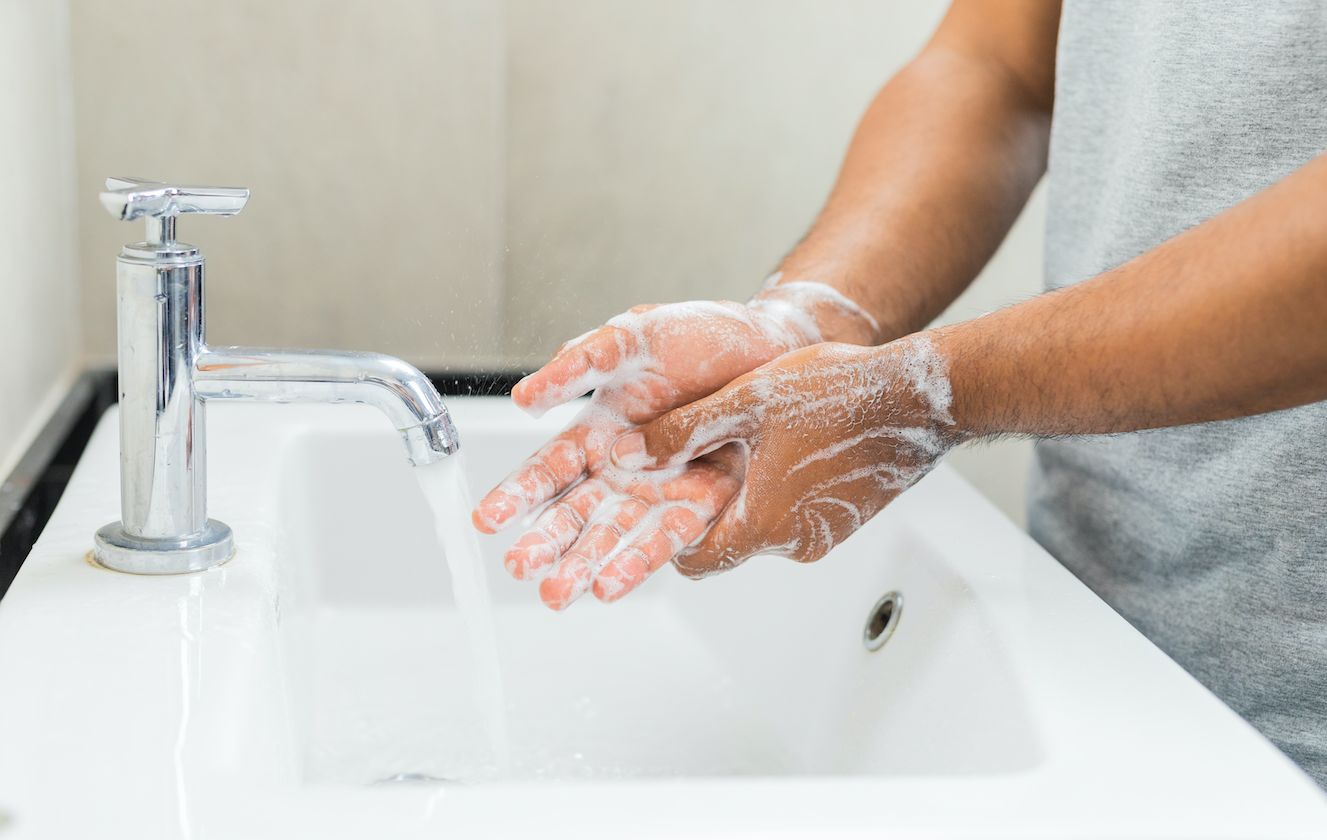
2024-07-12T16:54:51
Sunscreen Travel Tips
- Dermatology
March 19, 2020 | COVID-19

Do your part to slow the spread of COVID-19. Even if you are young, or otherwise healthy, you are still at risk, and your activities can increase the risk for others. It is critical that we all do our part to protect each other. Here’s what you can do:
The virus is thought to spread mainly from person-to-person. Respiratory droplets are produced when an infected person coughs or sneezes. These droplets can land on objects and surfaces around the person. If a person touches these objects or surfaces and then touches their eyes, nose or mouth, they can become infected. People can also breathe in droplets from a person who coughs or exhales; this is why it is important to stay more than 6 feet away from a person who is sick. The best way to prevent illness is to avoid being exposed to the virus.
Read more about Coronavirus:
WRITTEN BY:
The Live Better Team


2024-07-12T16:54:51

2024-07-02T11:42:04

2024-07-01T13:49:28

2024-06-21T14:29:51
This information is not intended to replace the advice of a medical professional. You should always consult your doctor before making decisions about your health.